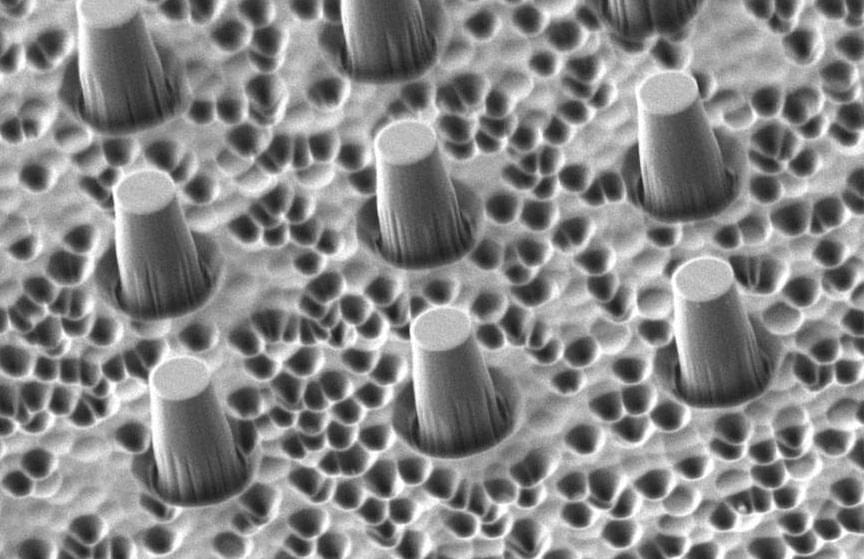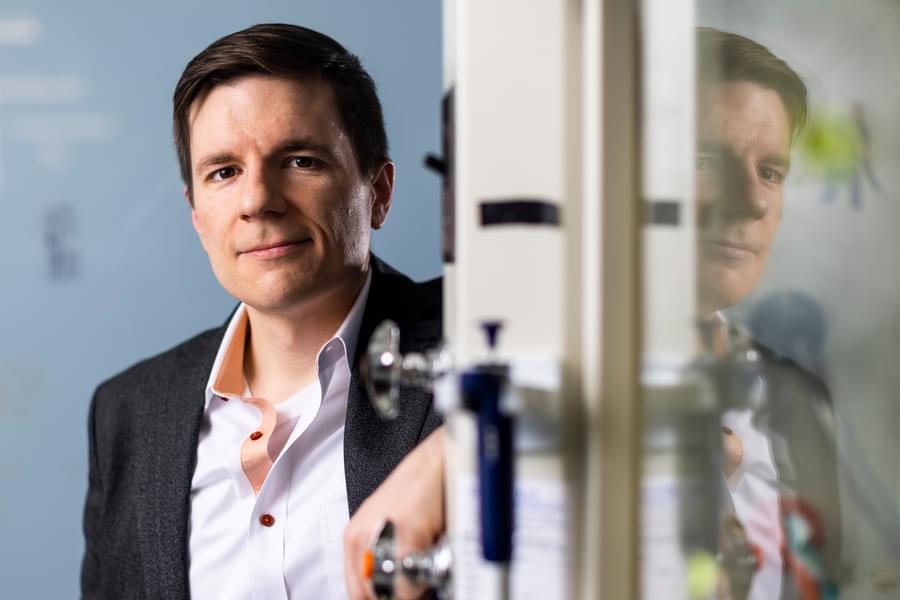Considering a “computer” as anything that processes information by taking an input and producing an output leads to the obvious questions, what kind of objects could perform computations? And how small can a computer be? As transistors approach the limit of miniaturisation, these questions are more than mere curiosities, their answers could form the basis of a new computing paradigm.
In a new paper in EPJ Plus (“Towards Single Atom Computing via High Harmonic Generation”) by Tulane University, New Orleans, Louisiana, researcher Gerard McCaul, and his co-authors demonstrate that even one of the more basic constituents of matter — atoms — can act as a reservoir for computing where all input-output processing is optical.
“We had the idea that the capacity for computation is a universal property that all physical systems share, but within that paradigm, there is a great profusion of frameworks for how one would go about actually trying to perform computations,” McCaul says.




